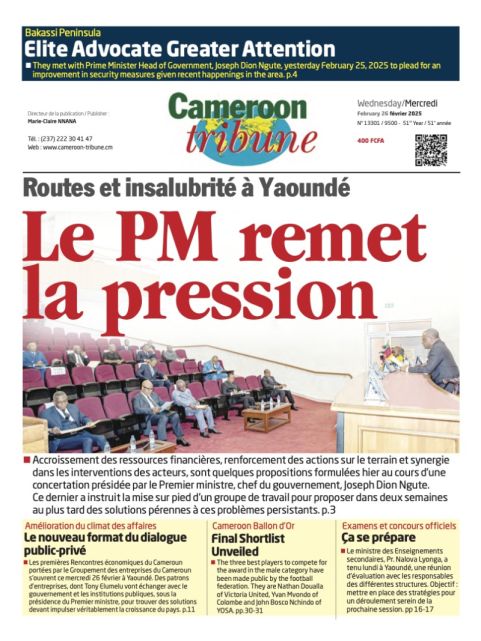Kenya : Imperative Dialogue
- Par Eldickson Agbortogo
- 31 juil. 2023 11:05
- 0 Likes
Kenya, one of Africa’s symbol of democracy is going through hard times. Several months after the holding of a historic election that saw the peaceful transfer of power from President Uhuru Kenyatta to William Ruto, the dust is still to settle. For the past weeks, Odinga has prescribed civil disobedience and street protests as modus operandi against President Ruto’s victory even after the validation of the results by the country’s Constitutional Council. His calls have not only ignited fire, but led to the killing of more than a dozen people, several injured and enormous material damage. Coupled with the political unrest is another call by some leaders of the civil society on their supporters to also take to the streets against high cost of living and the introduction of new taxes.
To all these, the government has called for calm and patience after explaining that the current measures are to help revamp the country’s economy battered by the negative effects of the Covid-19 pandemic and a hike in prices of goods in international markets due to the war in Ukraine. Because these explanations fell on deaf ears, local and international stakeholders have come in to add their voices to help curb the already deteriorating situation in the country. Religious leaders in Kenya under their umbrella body, the National Dialogue Forum (NDF), are advocating for dialogue among political leaders. To the NDF, the said dialogue needs to be structured around some specific “framework” because the current cycle of pre-and post-election crises that has been going on in decades is a reflection of the failure by political leaders to choose dialogue to address their disputes and agreements. Thus, the dialogue they are recommending should be based on a clearly defined framework that will create a platform for Kenyans to discuss the challenges facing their lives and find amicable solu...
Cet article complet est réservé aux abonnés
Déjà abonné ? Identifiez-vous >
Accédez en illimité à Cameroon Tribune Digital à partir de 26250 FCFA
Je M'abonne1 minute suffit pour vous abonner à Cameroon Tribune Digital !
- Votre numéro spécial cameroon-tribune en version numérique
- Des encarts
- Des appels d'offres exclusives
- D'avant-première (accès 24h avant la publication)
- Des éditions consultables sur tous supports (smartphone, tablettes, PC)











Commentaires